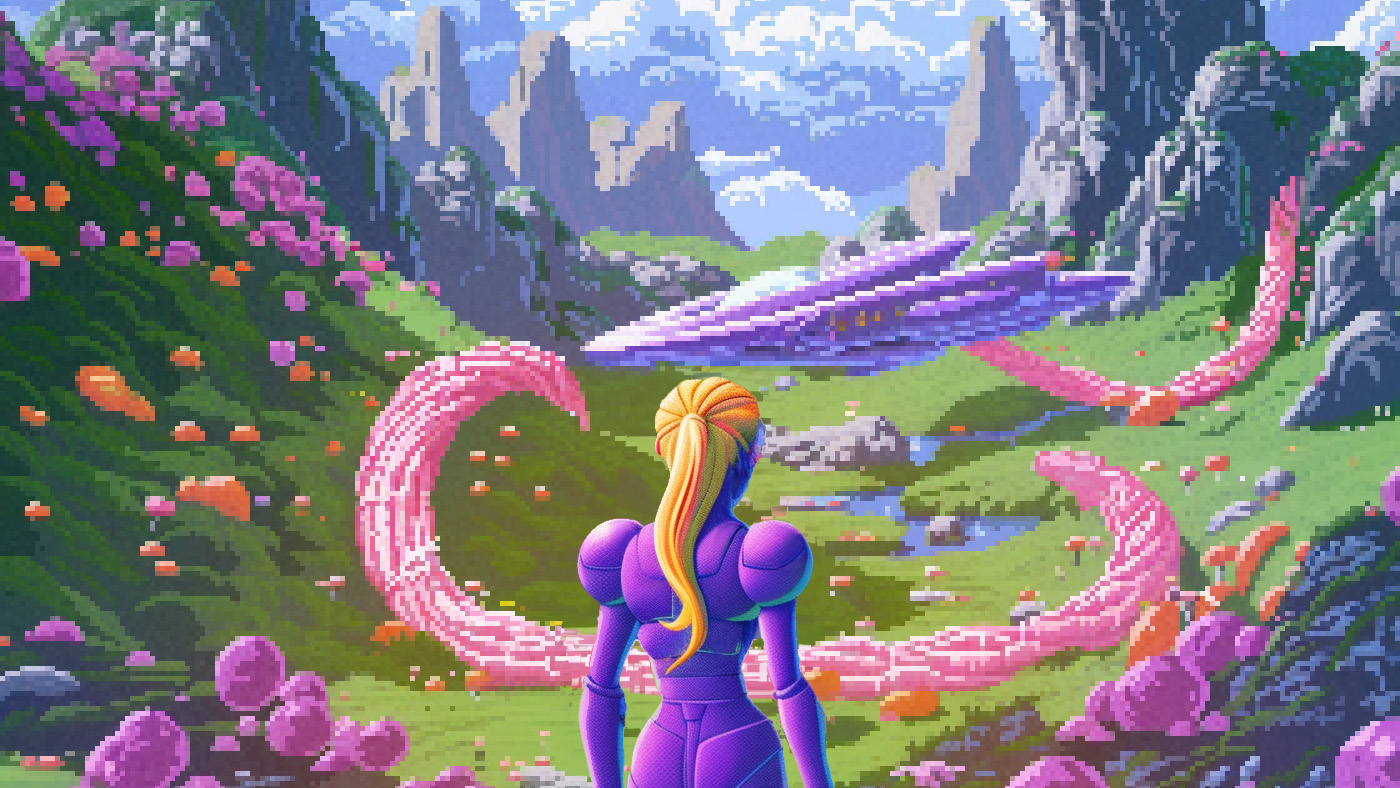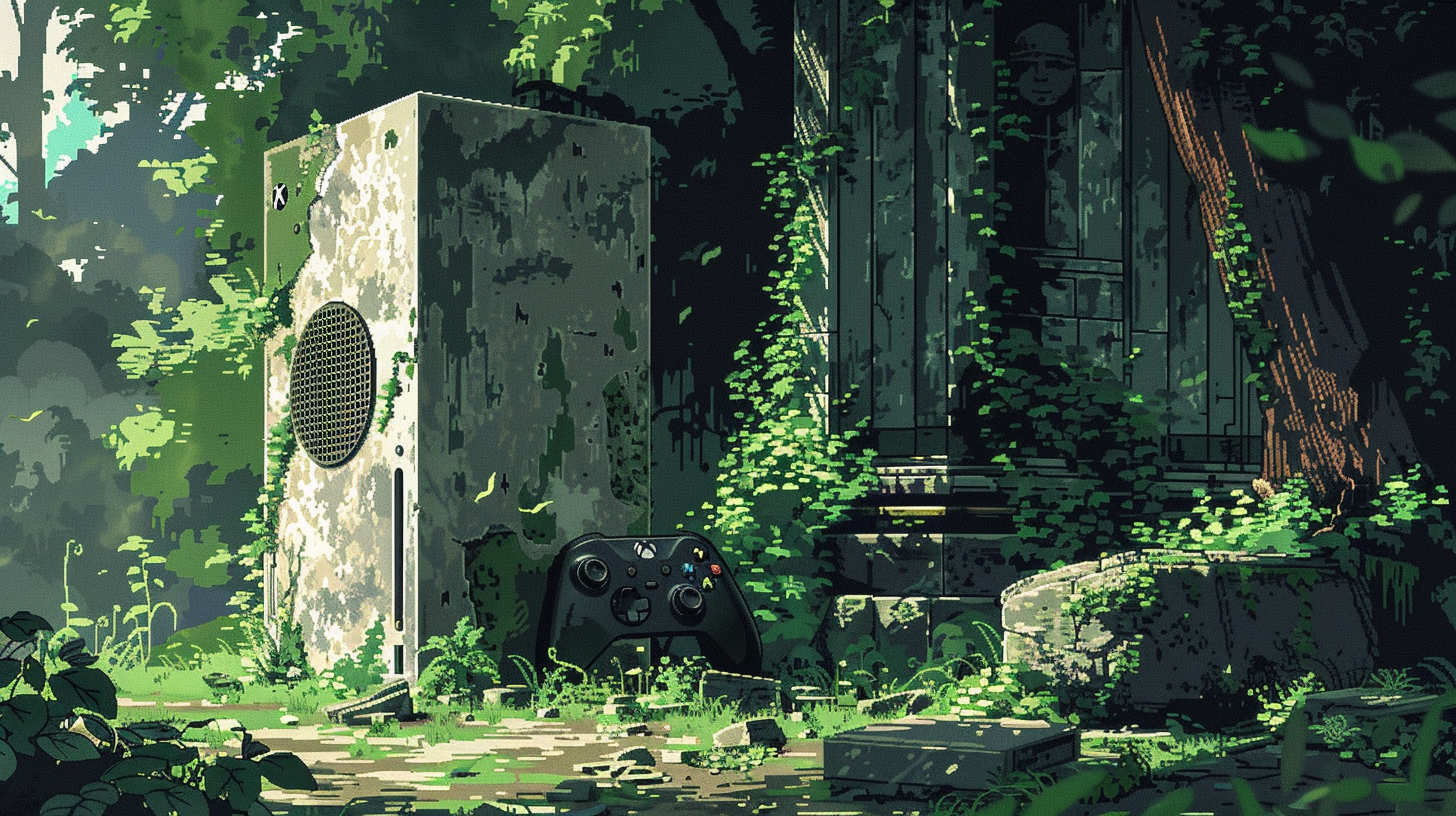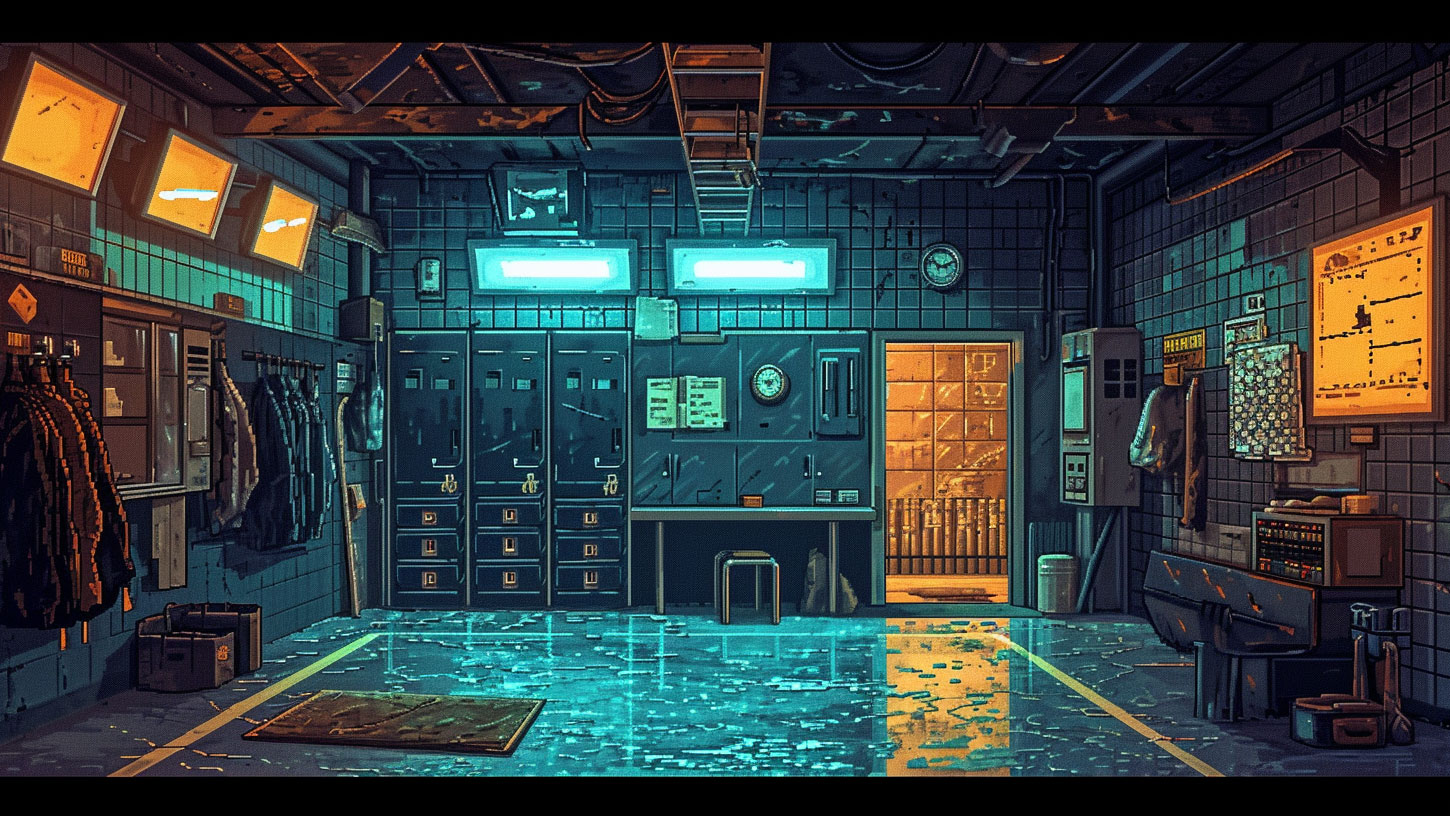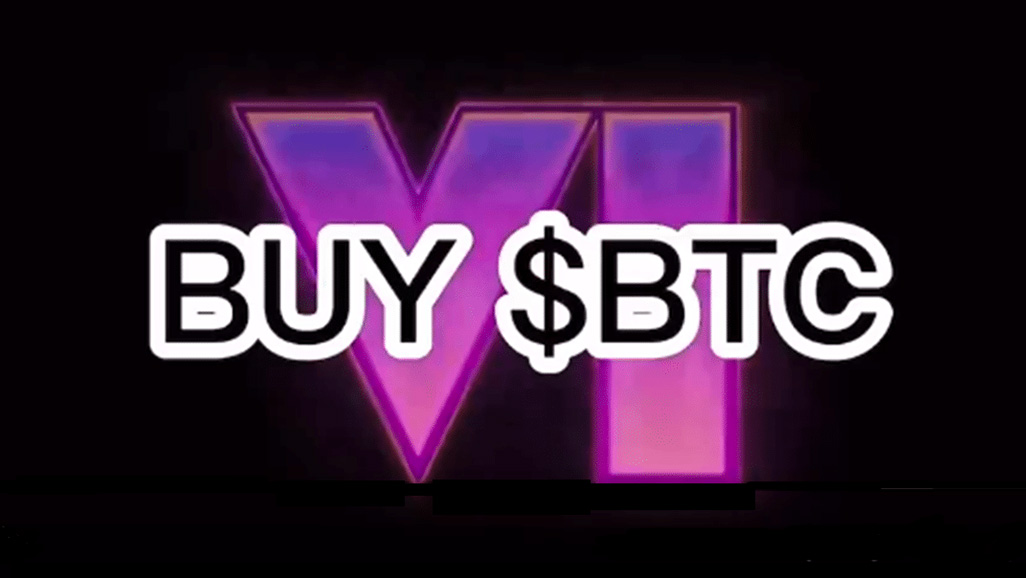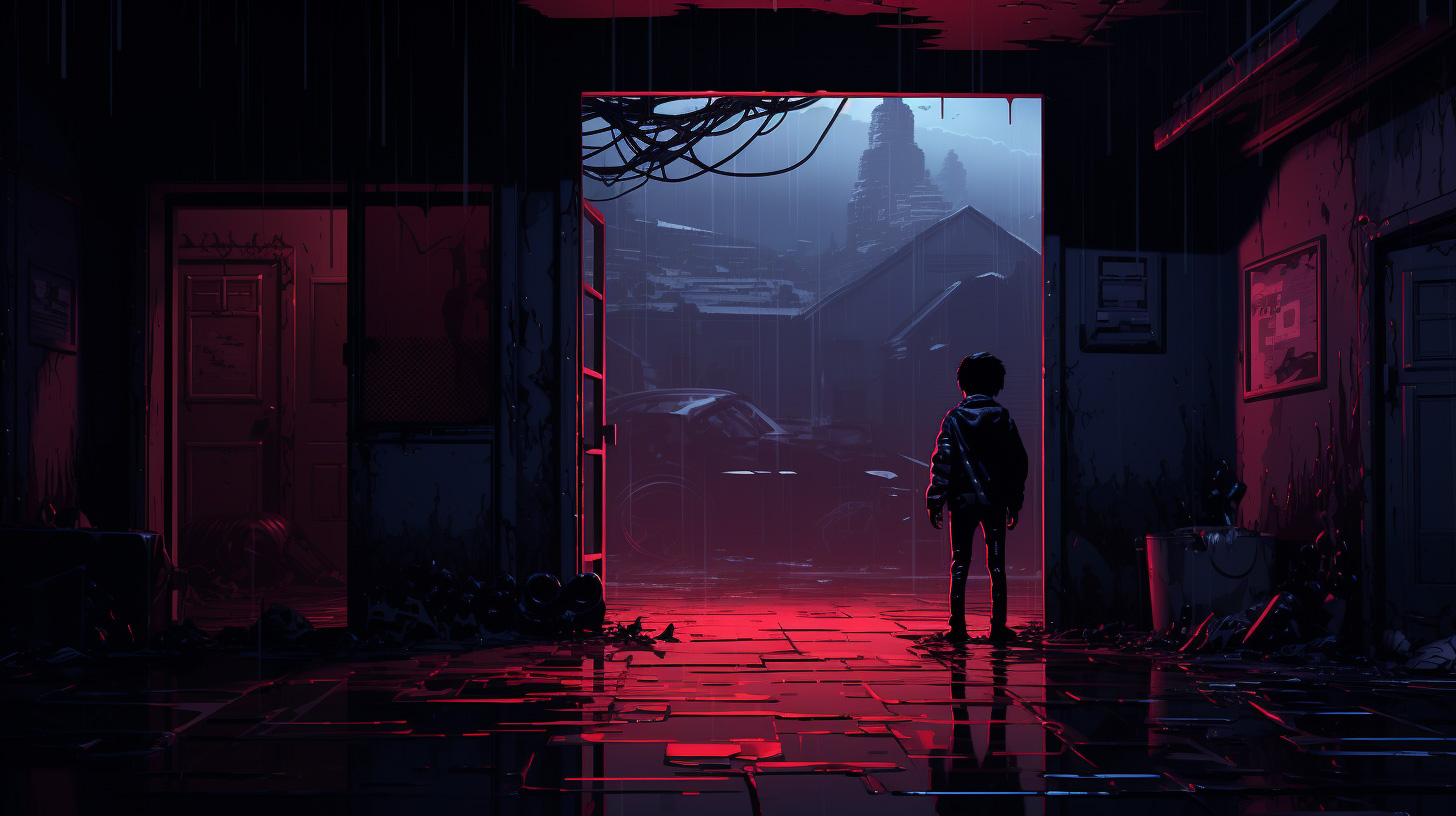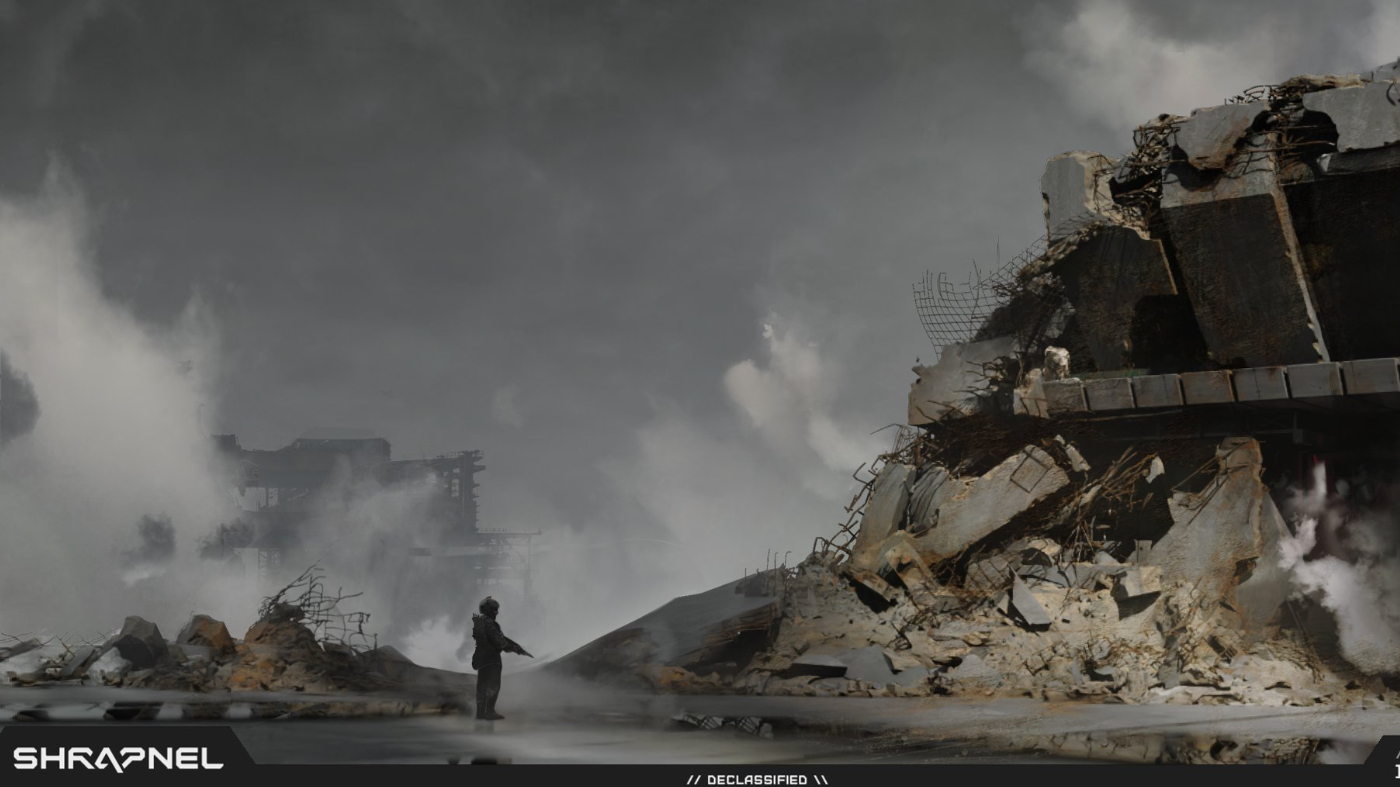There are several indications the gods are ready to smile again on blockchain gaming, with big game tokens rising in value, demos preparing to launch, and a number of significant announcements.
A disclaimer: this newsletter isn’t financial advice, and the most important thing in the evaluation of a game is the long-term value it provides to gamers through gameplay. Real games deliver fun! And real game economics have players paying for that fun one way or another.
First bit of good news: Illuvium. This game – I’ll call it a game because I’m sick of the hype around ecosystems, platforms and all that shizer – is one of the biggest of them all. The core gameplay is battling other players in an arena with a team of fantasy animals. Your animal team is chosen from a deck that you can collect in an open world exploration game mode. The animals, called Illuvials, are like pokemons, and you can trade them as NFTs.
Illuvium is big because of the money it has raised – at least $15m from investors, $72m in NFT sales, more in token sales – and the excitement it has generated. Although Illuvium would like to describe itself as a decentralized organisation, it’s actually run by three Australian brothers (the Warwicks) who founded it.
To sign up to this newsletter, enter your email, tick the box and click subscribe!
Illuvium has been criticised for unrealistic roadmaps and missed deadlines. For example, two years overdue and counting. Now, however, it has said it will deliver an open beta – a publicly available demo – of the core game component by November 28.
This is great news. Even better, the game demo will be hosted on the Epic Game Store. Epic, home of Fortnite, is a lot smaller than the dominant game platform Steam, but it still does billions in sales and has hundreds of millions of customers. Having the game list on the Epic platform makes it feel real and mainstream.
Co-founder Kieran Warwick tweeted:
“Not sure if many realise, but we have 1.5m people who have registered over the past three years, and we’ve only ever given out access to 40k of those people. All that changes this month. Early access to everyone.”
Will 1.5m people be playing the demo? Not a chance. There are many duplicates in those registrations, and speculators looking to benefit from token and NFT drops. I think Illuvium would be over the moon if they roped in 50k people to try the game at this stage.
The Illuvium token, ILV, has surged to just under $90 from around $40, where it had been languishing for months. Bear in mind there was a spell in late 2021-22 where it was well over $500.
Other good omens
French game developer Ubisoft announced a partnership with blockchain game technology company Immutable (again run by an Australian, Robbie Ferguson). Reading the press release, it seems the essence of the deal is that Ubisoft, makers of Assassin’s Creed games among other big franchises, will use Immutable’s technology to integrate blockchain into games. This is another harbinger of a move to the mainstream.
Extraction shooter Shrapnel (“extraction” just means you have to reach a portal to get out of the map) will release some kind of closed demo later this year. The game announced this week US players would have “full access to the full Shrapnel ecosystem”. That means US players, previously forbidden to win and cash out the game’s token (SHRAP), can now do so. Seems like the lawyers changed their minds? In any case, a major step.
Wildcard doubled its Discord follower number in less than two weeks (70k in 12 days). It’s a bit difficult to piece this one together from the outside, but it looks as though there’s been a spike in interest in Wildcard based on the Wildfile NFT, a system that records interactions with the Wildcard world, including Discord contributions. So there’s an incentive there to be a member and contribute – the Wildfile is free, and perhaps there’s an expectation of drops in future. Co-founder Paul Bettner said on Twitter that his team has been filtering out bots and “illegitimate” accounts. A bit of research shows the spike corresponds to interest being shown in the game in the infamously speculative South-East Asian markets, particularly Vietnam (home of Axie Infinity). Active members on the Wildcard have increased in line with overall sign-ups, which backs up Paul’s statements about bot-filtering.
“We focussed a lot of energy on having that Discord audience be real and authentic, not bots,” Paul said on Twitter.
“It starts with us trying to create an entertaining experience. That second part, which is about recording the fun that people are having … it’s not an incentive-first strategy, it’s a fun-first strategy … where the recognition and rewards come after we’ve provided the fun.”
The pitfalls of markets

It’s usually easy to separate the serious games in the blockchain world from the flakes and the speculators. The serious games put all the emphasis on gameplay, and very little on blockchain economies and the possibility of making money by playing.
The reason for this is simple. Gamers don’t play games to make money. In fact, they do the opposite: they are happy to spend money to play, because playing is fun. The value is provided by the developer to the gamer, and therefore compensation flows back from the gamer to the developer.
Even free-to-play games don’t change this basic value exchange. Instead of paying upfront, a small proportion of free-to-play players (average around 2%) will return money to the developer for the fun they are having. In this case, the developer is using gameplay itself as a marketing tool for their paid product, massively increasing the “surface area” of the game.
The games mentioned above – Illuvium, Shrapnel and Wildcard – are all serious games, and spend the majority of their time and money working on the gameplay. Of the three, Illuvium is closest to being sucked into the vortex of token economics: it has a complicated model, relying on a mobile game (Illuvium Zero) to generate tokens used in the main game to do things like capturing animals.
I call this a vortex because the kind of people who find such tokenomics fun are a niche, and as far as I can tell, entirely contained in the small world of blockchain enthusiasts.
That’s one pitfall. More immediately, there is the siren song of rising asset values as the market rebounds and these games – connected directly with real-world economics – see their valuations rise. In the worst case, the game of speculation eclipses the game proper, and the developers forget that it’s all smoke and mirrors … until they deliver a game that delivers real fun to real people.



